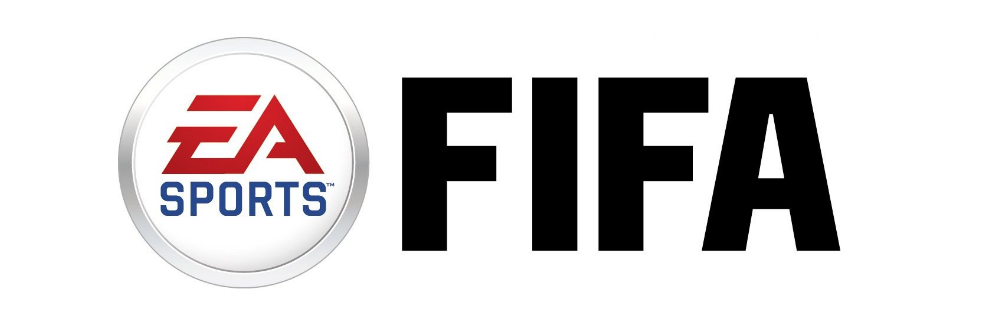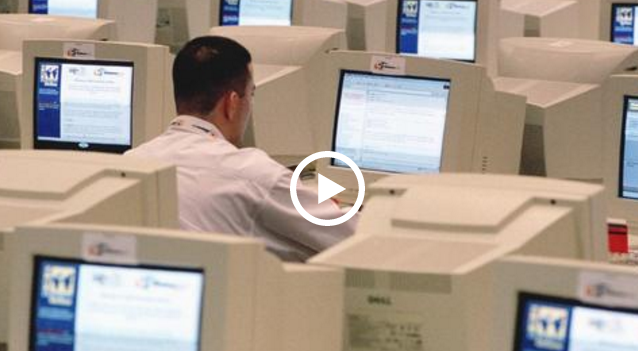We mislead other people for many reasons. We may want to protect their feelings. Or we want them to do something that they would not ordinarily do. Sometimes, we are hiding information that might influence their opinions.
There are also many different strategies for misleading other people. The most straightforward kind of deception is a lie of commission: telling someone something that is untrue. In cases of misleading by omission, someone has a mistaken impression, and we simply don’t correct it.
A fascinating kind of deception is the palter, in which you say something that is true with the intent to deceive. Suppose you were trying to sell a car that has been in and out of the repair shop over the past few months for engine trouble. If a potential buyer asks you, “Is the engine OK?” and you answer “It started up just fine this morning,” you are making a statement that is true, but you are misleading the potential buyer about the state of the engine.
A fascinating paper by Todd Rogers, Richard Zeckhauser, Francesca Gino, Maurice Schweitzer, and Michael Norton in the March 2017 issue of the Journal of Personality and Social Psychology explores the use and influence of palters in negotiation.
The researchers first report two pilot studies. One gives a car-buying scenario like the one I just described and demonstrates that people are good at distinguishing among lies of commission, lies of omission, and palters. A second asked experienced negotiators about things they do routinely when negotiating. Over half of negotiators admitted to lying by omission and to paltering, but only about 20% claimed that they made lies of commission. These negotiators also felt that lies of omission and palters were more ethical than lies of commission.
A experiment with vignettes looked at whether people were more willing to palter than to lie explicitly. Participants were asked to imagine they were selling a car that had engine trouble. The buyer asked whether the car had engine trouble. Participants were told that they would receive a $1 bonus payment if they sold the car. They were told that if they told the truth, they had a 30% of selling the car.
Some participants were given the option to palter by answering that the car started up the previous week in freezing weather. These participants were told that if they chose to palter rather than tell the truth, they would have a 60% chance of selling the car.
Another group of participants were given the option to lie explicitly by answering that the car had no engine trouble. These participants were told that if they lied, they would have an 80% chance of selling the car.
Participants given the option to palter did so 71% of the time, while those given the option to lie did so only 55% of the time. So, even though lying gave a greater chance of receiving the bonus, people were less likely to want to do it. Participants rated how ethical their response was. Of participants who chose to mislead, those who chose to palter rated their behavior as more ethical than those who chose to lie explicitly.
The researchers replicated this study in a face-to-face negotiation. Of interest in this study, when people found out that their partner had paltered, they rated this to be just as unethical as if their partner had explicitly lied.
Across several other studies, the researchers demonstrate that people who mislead someone else believe their behavior to be more ethical when they palter than when they lie. However, people who are misled see the other person’s behavior as equally unethical whether they lied explicitly or paltered.
Why is there this difference?
It appears that people evaluate the ethics of an action differently depending on how they are affected by it. People who palter focus on the fact that they made a statement that was true. So, they compare their action to a lie of commission. People who are misled focus on the fact that the other person did something deliberately that misled them. These people are less interested in the fact that the statement was technically true, because the intent of the statement was to mislead.
This work suggests that paltering is a dangerous game. In the moment, it can help to get you what you want, because you can leave other individuals without critical information they might need to make a choice. In the long run, however, it can undermine other people’s trust in the things that you say.
Follow me on Twitter.
And on Facebook and on Google+.
Check out the Two Guys on Your Head book Brain Briefs.
And my books Smart Thinking, Smart Change and Habits of Leadership
Listen to my radio show on KUT radio in Austin Two Guys on Your Head and follow 2GoYH on Twitter and on Facebook. The show is available on iTunes and Stitcher.
https://www.psychologytoday.com/blog/ulterior-motives/201703/what-happens-when-you-lie-telling-the-truth












































